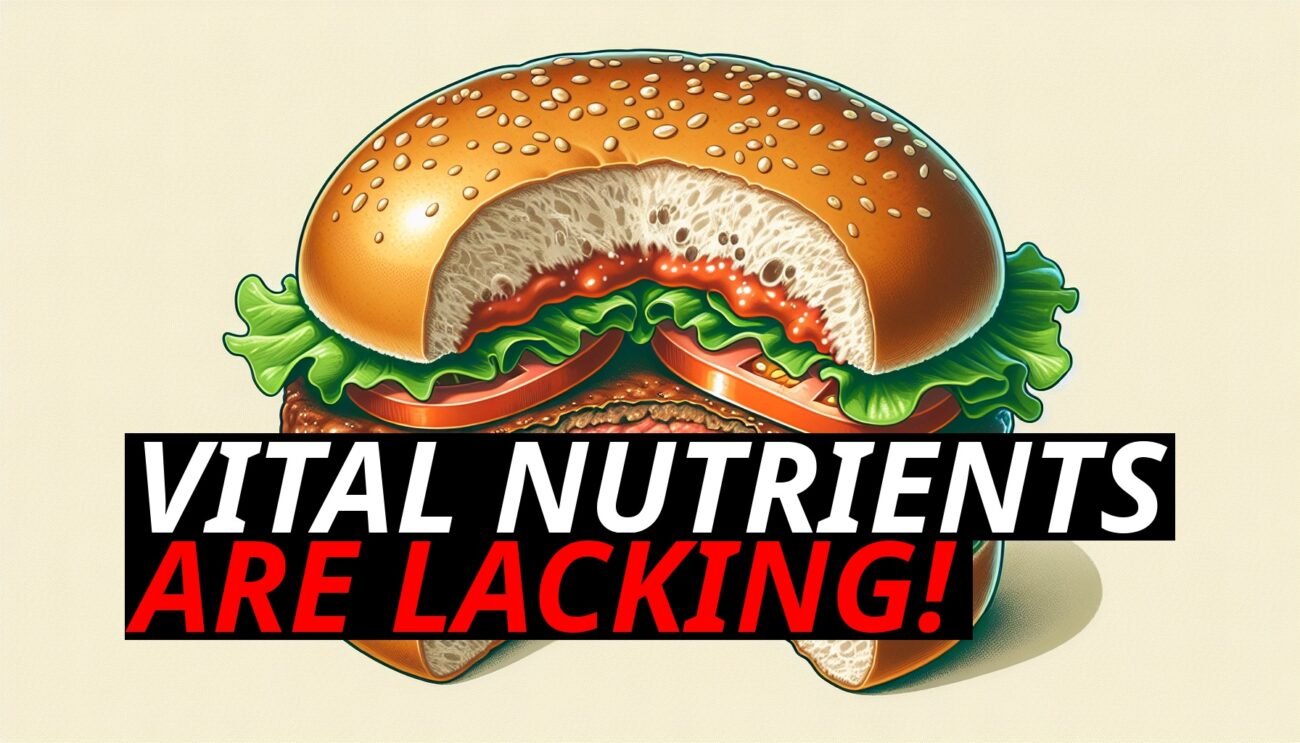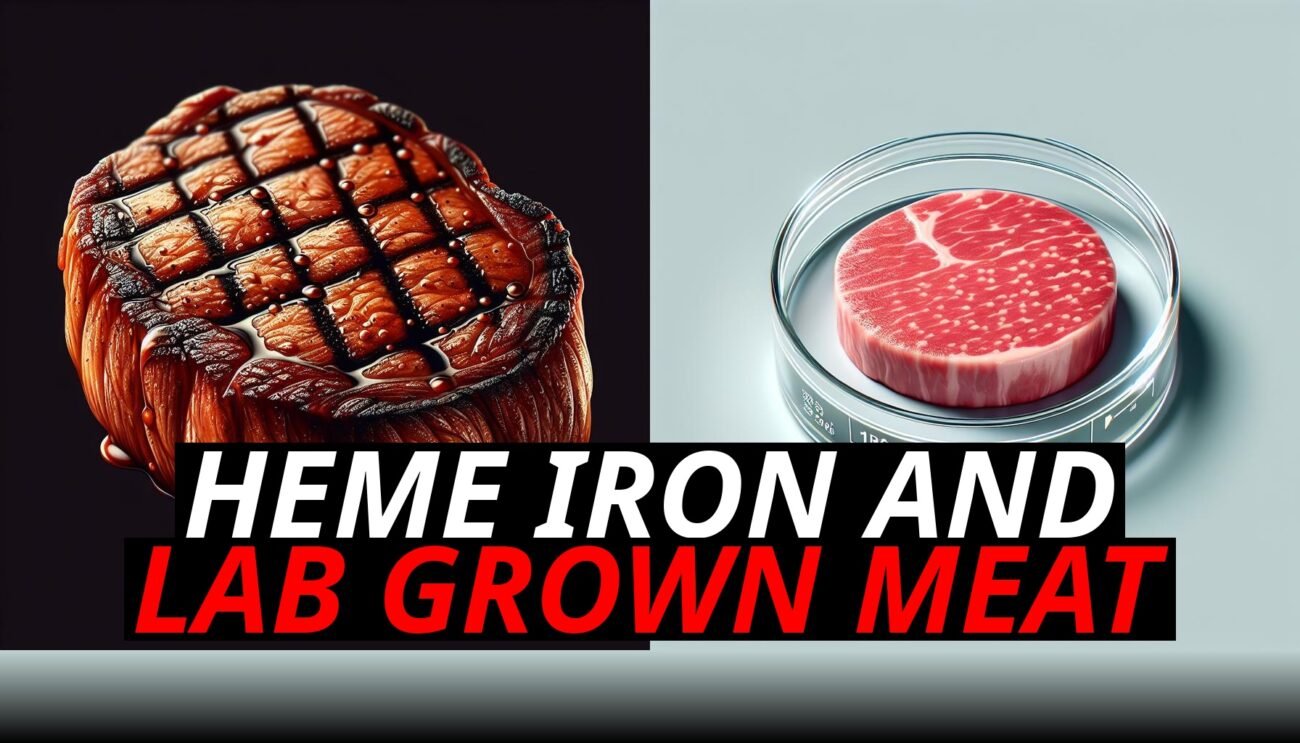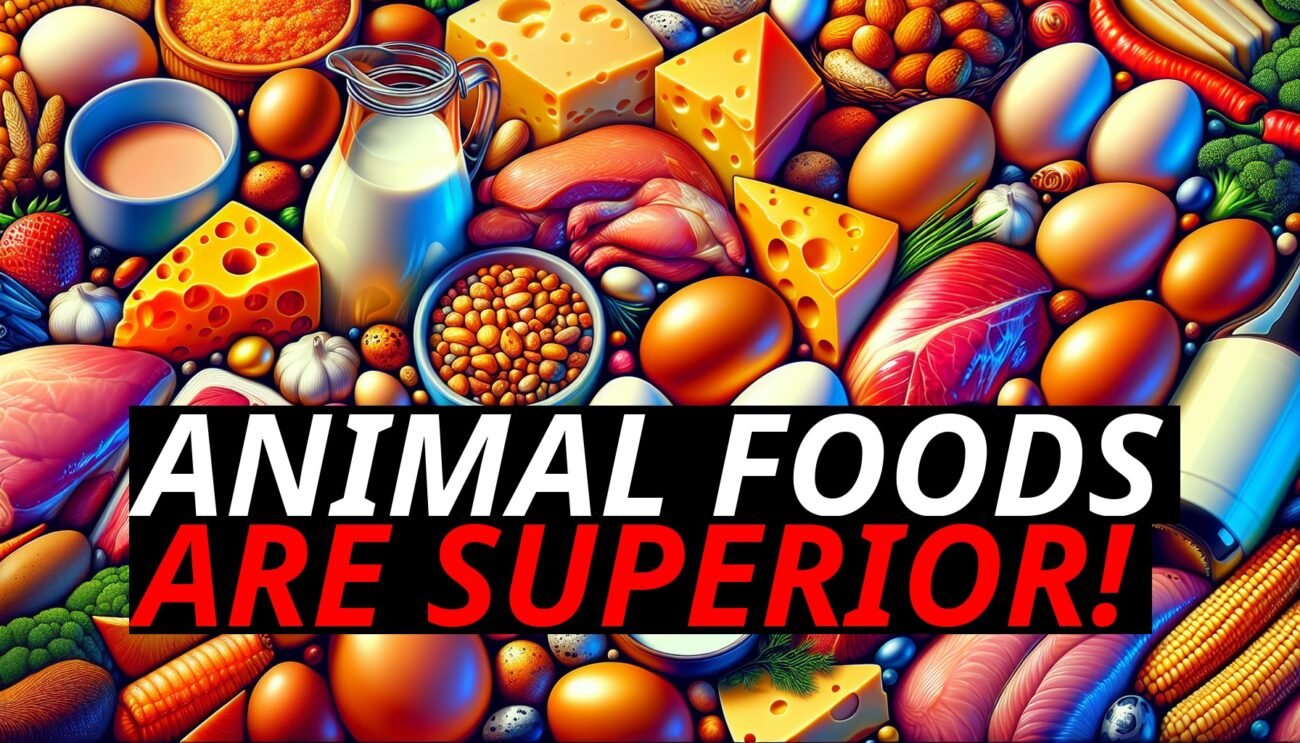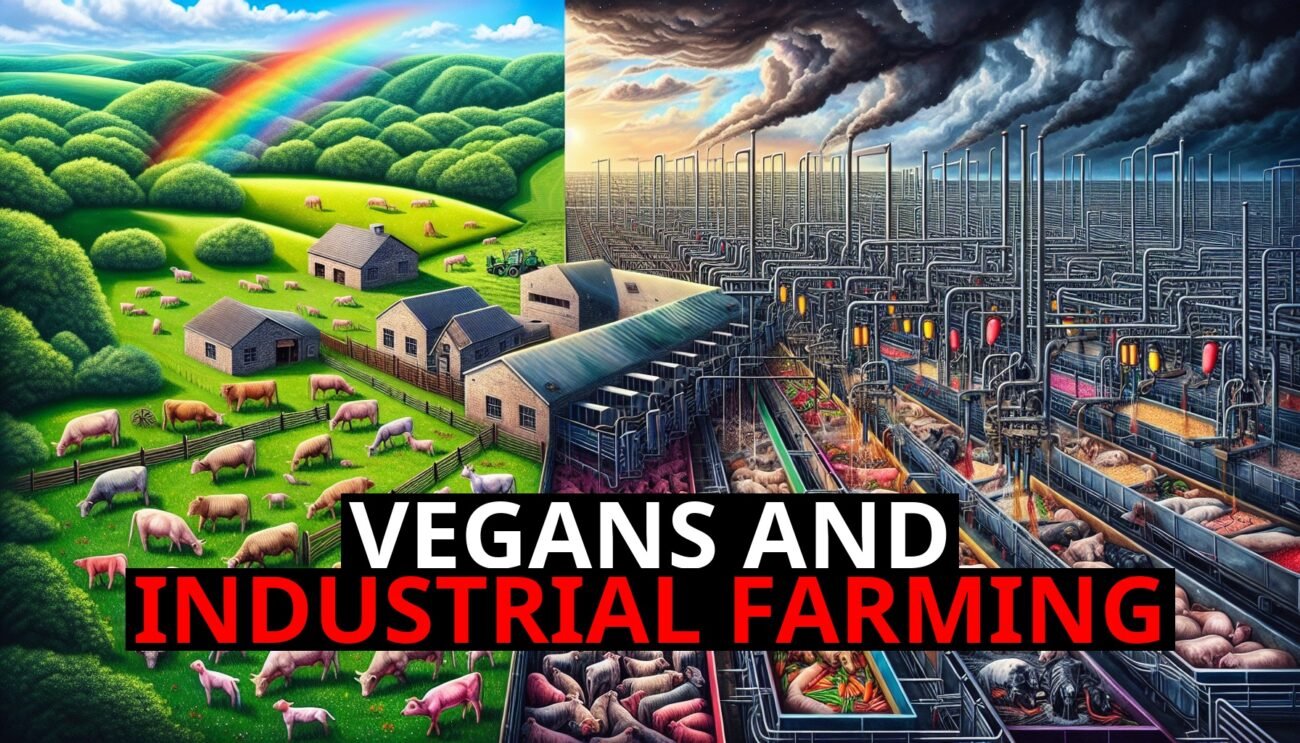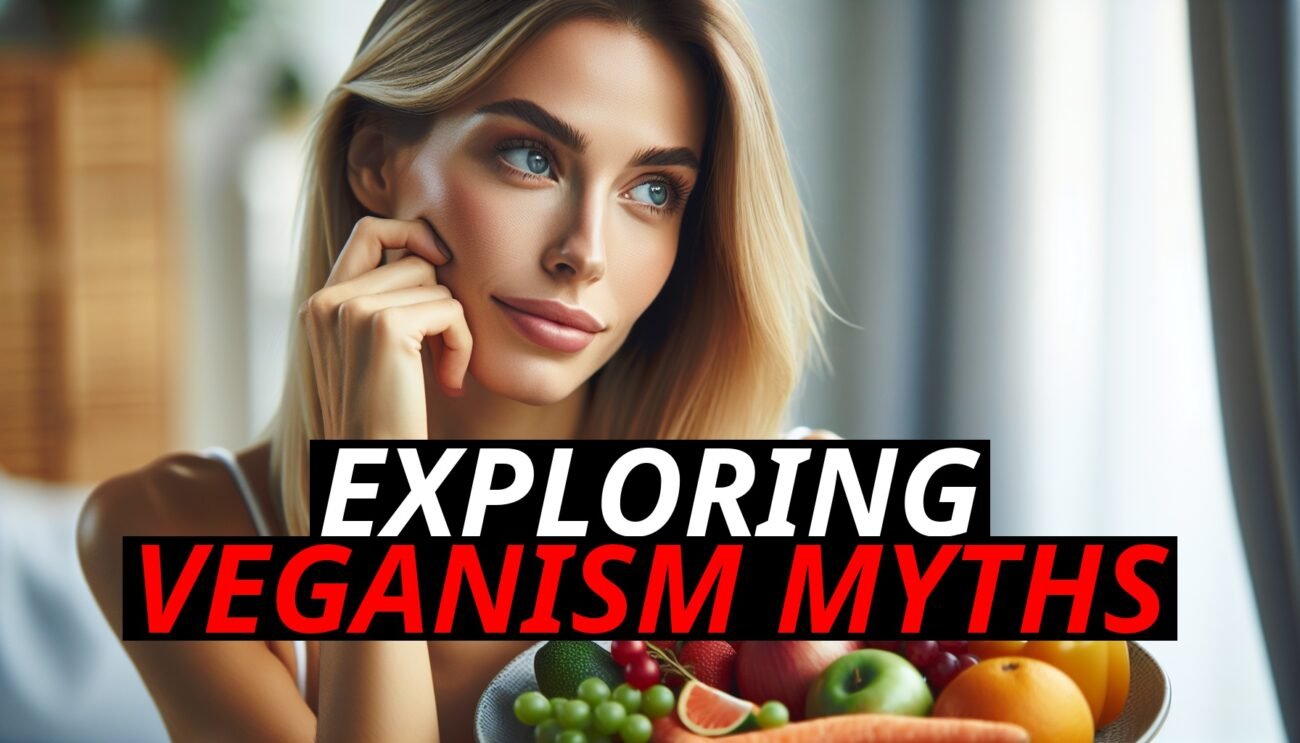Imagine dedicating years to a plant-based diet, believing that you’re making the healthiest choice for your body and the planet, only to find yourself battling fatigue, nutrient deficiencies, and worsening health. This is the reality for a growing number of ex-vegans who have made the radical shift from plant-based eating to embracing an all-animal diet—known as the carnivore diet. What’s driving this trend, and why are so many former vegans now turning to meat to heal their bodies?
The Rise Of Ex-Vegans: A Growing Trend
In recent years, there has been a noticeable rise in stories from ex-vegans—individuals who once passionately followed a vegan lifestyle but later switched to a carnivore diet. These stories are often shared on social media and YouTube, where ex-vegans detail their struggles with chronic health problems and how an all-animal diet helped them recover.
For many, the transition from veganism to carnivore is not an easy one. Veganism, after all, is more than just a diet for many—it’s a deeply ingrained lifestyle and ethical choice. However, when faced with deteriorating health, these individuals often find themselves at a crossroads, forced to reevaluate their dietary choices in search of solutions that will restore their vitality.
Common Health Issues: Why Veganism Didn’T Work
One of the driving forces behind this shift is the common health issues many vegans experience after years on a plant-based diet. While some thrive as vegans, others face persistent problems that can range from mild discomfort to debilitating conditions. Some of the most frequently reported health issues among ex-vegans include:
- Severe fatigue and brain fog
- Nutrient deficiencies in key vitamins and minerals, such as vitamin B12, iron, and omega-3 fatty acids
- Digestive issues, such as bloating, gas, and difficulty digesting plant fibers
- Joint pain and muscle weakness, which are often linked to a lack of complete proteins and certain fats
- Hair loss and skin issues due to inadequate nutrient absorption
Many ex-vegans report that despite trying to supplement with B12, iron, or omega-3 pills, they still felt unwell. The switch to a carnivore diet, they claim, helped them regain their energy, mental clarity, and physical well-being—often in a matter of weeks.
Why The Carnivore Diet? The Healing Power Of Animal Foods
For those transitioning from veganism, the carnivore diet represents the opposite end of the dietary spectrum. The diet focuses exclusively on animal products, including meat, fish, eggs, and dairy. By eliminating all plant-based foods, followers of the carnivore diet rely solely on nutrient-dense animal foods to provide all the essential vitamins, minerals, proteins, and fats their bodies need.
One of the reasons many ex-vegans find relief on the carnivore diet is because it is naturally rich in bioavailable nutrients. Unlike plant foods, which contain anti-nutrients like oxalates and phytates that can interfere with the absorption of key vitamins and minerals, animal products are easier for the body to digest and absorb.
Key nutrients found in abundance in the carnivore diet include:
- Vitamin B12, crucial for nerve function and red blood cell production
- Heme iron, which is far more absorbable than non-heme iron from plants
- Complete proteins containing all nine essential amino acids
- Omega-3 fatty acids in their bioavailable forms, EPA and DHA
- Fat-soluble vitamins like A, D, E, and K, which support everything from immune function to bone health
For many ex-vegans, the carnivore diet not only resolves nutrient deficiencies but also helps them recover from years of chronic health issues.
Personal Stories: From Vegan To Carnivore
The stories of ex-vegans switching to carnivore are both compelling and diverse, with individuals from all walks of life sharing their experiences.
One notable case is that of Mikhaila Peterson, who famously transitioned from a vegan diet to carnivore after struggling with severe autoimmune conditions, chronic fatigue, and mental health issues. After eliminating plant foods and adopting a strict carnivore diet of only beef, salt, and water, she reported dramatic improvements in her physical and mental health.
YouTuber Tim Shieff, once a prominent advocate of veganism, also made headlines when he switched to a carnivore diet after suffering from joint pain, gut issues, and declining energy levels. Despite trying to heal with supplements and raw plant foods, Shieff turned to animal-based nutrition to regain his health, ultimately experiencing relief from his symptoms.
These stories, along with countless others shared across social media platforms, showcase a common theme: veganism didn’t provide the long-term health benefits many expected, but the carnivore diet offered the healing they were searching for.
The Emotional And Psychological Journey: Breaking Away From Veganism
It’s important to recognize that the shift from veganism to carnivore isn’t just a dietary change—for many, it’s an emotional and psychological journey as well. Veganism is often tied to ethical beliefs about animal welfare, environmentalism, and personal identity. The decision to abandon a vegan lifestyle can lead to feelings of guilt, shame, or fear of backlash from the vegan community.
However, for those who have experienced the health benefits of a carnivore diet, the decision to switch is often one of survival. Health concerns eventually outweigh ideological beliefs, and many ex-vegans report that they now view their dietary choices through the lens of self-care and long-term wellness.
For some, the shift away from veganism also comes with the realization that regenerative farming practices and sustainable animal agriculture offer an ethical and environmentally responsible way to consume meat. By supporting local, pasture-raised, and ethically sourced animal products, many ex-vegans find a new balance between their health needs and their ethical values.
Is Carnivore Here To Stay?
The growing number of ex-vegans turning to carnivore raises important questions about the long-term sustainability of plant-based diets. While veganism continues to attract new followers, the rise of the carnivore movement suggests that not all bodies thrive on a plant-based approach.
As more people share their experiences of healing on an animal-based diet, the carnivore movement is likely to keep growing. Whether it’s the allure of simple, whole foods, the promise of nutrient density, or the drive to recover from health issues, carnivore is proving to be more than just a passing trend—it’s becoming a new path to health for many.
Conclusion: A New Chapter In The Diet Debate
The journey from vegan to carnivore is a personal one, often marked by frustration, experimentation, and a quest for better health. As more individuals come forward with stories of healing on the carnivore diet, the dietary debate is expanding beyond the simple plant vs. animal divide.
For those who didn’t find success with veganism, the carnivore diet offers a radical, yet surprisingly effective, solution to chronic health issues. As these stories continue to emerge, one thing is clear: for many, eating meat isn’t just about taste—it’s about reclaiming health and vitality after years of struggle.


